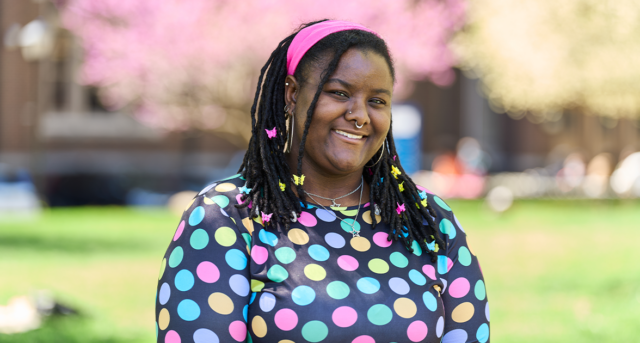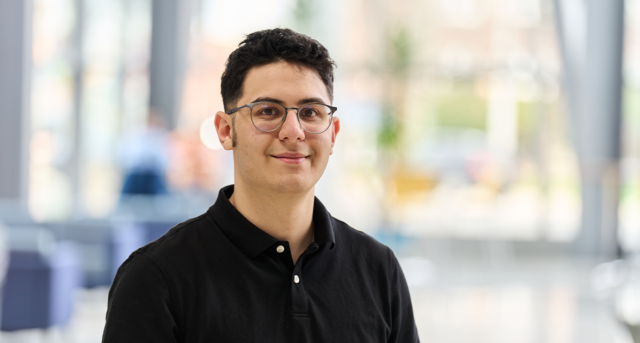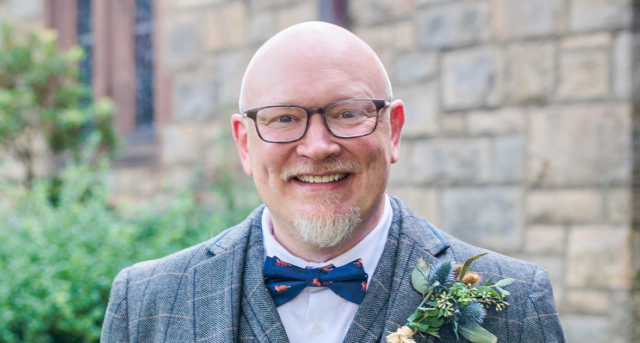La Salle University

Psychology (B.A.)
- Adult/Evening Undergraduate, Major, Minor
- 4-year, On Campus
What You’ll learn
Psychology is a science that seeks to understand and describe human behavior and relationships. Students in this major will continuously build their awareness of the needs of our diverse society, the role that research plays in deepening our understanding of life, and the ways in which the profession of psychology serves to improve the human condition through ethical research, practice, and application.
Why Study Psychology at La Salle?
When you study in the Psychology Department, you are choosing more than just job training; you are choosing to explore a variety of perspectives on, and ways of making sense of, the world in which we live. As a psychology major, you will develop a firm foundational understanding of psychology that can be applied to a wide range of careers.
Highlighted Courses
PSY 230: Industrial and Organizational Psychology
This course offers a study of the application of psychological principles and theories in organizational settings. Topics examined include research methodology, employee selection and assessment, leadership, motivation, job satisfaction, and characteristics of the workplace that affect employee and organizational well-being.
PSY 245: Forensic Psychology
This course addresses selected topics in the area of forensic psychology. The focus of the course will center on the theory, science, applications, and practices of psychology in the criminal justice system. Topics will include police and investigative psychology, family forensic psychology, psychology of crime and delinquency, legal psychology, expert witness testimony, and issues related to corrections.
PSY 260: Sport Psychology
Students will be introduced to concepts in sport psychology. Issues of individual athletes, athletic teams, and sport psychology interventions are discussed. Students are also introduced to conceptualizing and presenting sport psychology issues and interventions.
Meet the Faculty
Our Psychology Department focuses on training students in scientific thinking that can be applied to a wide variety of topics. This allows for a flexible skill set that can be applied to many settings, and allows students to adapt to the ever-changing job market. The breadth of the faculty expertise allows students with career uncertainty to explore many aspects of the field.
Career Opportunities
Our graduates have utilized the program to their full advantage, and find themselves working for noteworthy employers such as:
- National Institutes of Health
- Federal Prison System
- United States Air Force
- Children’s Hospital of Philadelphia
A degree in psychology can also take you places other than a therapist’s office. Our students have explored careers in:
- Sales
- Marketing
- Labor
- Personnel and training
- Business
David J. Falcone, Ph.D.
David J. Falcone, Ph.D., is an Associate Professor of Psychology. He studied at the University of Dayton before moving on to Western Illinois University where he received a master’s degree in psychology. Subsequently, he attended the University of Kentucky to attain a doctoral degree in psychology. His major areas of interest in research and teaching have changed over the years, and have included questions in developmental psychology, cognitive psychology, and personality. After almost 40 years of teaching at La Salle, he now thinks of himself as a generalist, and reads and studies in a variety of areas with the aim of bringing a deeper story to his classroom. His personal life includes volunteer work and performances as an acoustic-fingerstyle guitarist and vocalist in the Philadelphia area.

Ivy-yon Jackson, ’24, is a psychology and sociology major with a minor in criminal justice at La Salle.

Cagatay Ozbay, ‘24, who is an accounting major and finance minor is proud of all he’s accomplished—and overcome—as a student.

Wesson had been serving interim provost and vice president of academic affairs since November 2023.